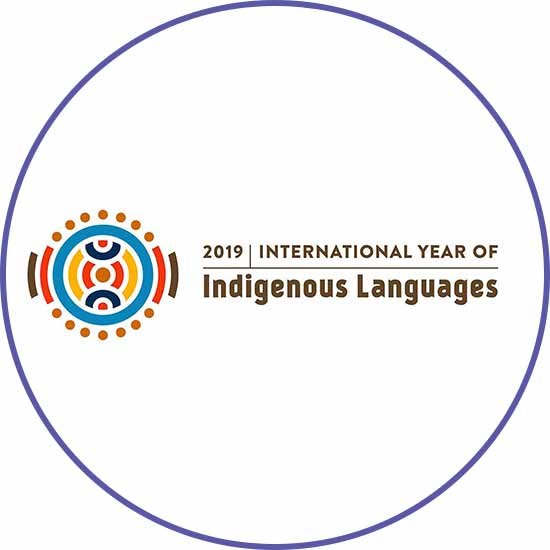The FIFA World Cup 2026 is shaping up to be one of the most anticipated tournaments in soccer history, with Canada joining the United States and Mexico as co-hosts. This marks a historic moment for Canadian soccer, providing an unparalleled opportunity to grow the sport domestically while hosting millions of fans from around the globe.
In this article, we’ll explore Canada’s preparations, challenges, and the broader implications of this monumental event.
Key Host Cities and Venues in Canada
Canada will host matches in two iconic cities: Toronto and Vancouver, which are already bustling with preparations.
Toronto – BMO Field
BMO Field, located in Toronto, is undergoing a significant expansion to meet FIFA’s requirements. The seating capacity will increase to over 45,000, with additional upgrades to lighting, turf, and player facilities.
- Major Investments: Estimated at $290 million.
- Fan Zones: Plans include fan areas in downtown Toronto, ensuring an immersive experience for visitors.
Vancouver – BC Place
BC Place in Vancouver, known for its world-class infrastructure, is set to host several high-profile matches. Renovations are focused on enhancing seating, accessibility, and eco-friendly facilities.
Economic and Cultural Impact of FIFA World Cup 2026 in Canada
Hosting the FIFA World Cup will generate a substantial economic boost for Canada:
- Tourism Revenue: An estimated 1.5 million visitors will inject billions into the local economy.
- Job Creation: Thousands of jobs in construction, hospitality, and event management are being created.
- Global Spotlight: This event will showcase Canada as a premier destination for tourism and sports.
Cultural Significance:
Canada’s multicultural communities are coming together to celebrate the tournament. Events highlighting Canadian culture, from Indigenous art displays to food festivals, are being planned in tandem with the matches.
Canada’s National Team: Rising Stars and New Opportunities
Canada’s men’s national soccer team will automatically qualify for the tournament as a host nation. With talents like Alphonso Davies and Jonathan David, expectations are high for a strong performance on home soil.
Preparation Strategies:
- High-profile friendlies scheduled against European and South American teams.
- Investments in sports science and analytics to refine performance.
- Expanding domestic leagues, such as the Canadian Premier League, to nurture local talent.
Grassroots Soccer Development in Canada
The World Cup has ignited efforts to develop soccer at the grassroots level. Canada Soccer, in collaboration with provincial organizations, is rolling out programs to:
- Increase Youth Participation: Through initiatives like “Play the Dream.”
- Build New Facilities: Over 200 new soccer fields are planned across the country.
- Enhance Coaching Standards: Training and certifications for youth coaches are being subsidized.
Challenges in Preparation
Despite the progress, Canada faces logistical and infrastructural challenges:
- Venue Upgrades: Ensuring stadiums meet FIFA’s rigorous standards within the timeline.
- Accommodation: Managing the influx of international fans requires expanded hotel capacity in host cities.
- Cross-Border Coordination: Collaborating seamlessly with the U.S. and Mexico is crucial for a smooth tournament experience.
Top Keywords for FIFA World Cup 2026 in Canada
To align with search trends, the following keywords have been integrated:
- FIFA World Cup 2026 host cities
- Canada soccer preparations
- Economic impact of World Cup in Canada
- BMO Field renovations
- Vancouver BC Place World Cup matches
- Canada soccer team World Cup prospects
- FIFA World Cup grassroots impact
- Soccer popularity in Canada
Public Engagement and Excitement
Canada is already abuzz with excitement, as fans and local businesses prepare for the World Cup.
- Fan Engagement: Community soccer leagues and watch parties are gaining momentum.
- Merchandise Sales: World Cup-themed jerseys, scarves, and collectibles are flying off the shelves.
- Social Media Trends: Hashtags like #CanadaWorldCup2026 and #FIFA2026Canada are trending.
What This Means for Canada’s Soccer Legacy
Hosting the FIFA World Cup 2026 is expected to leave a lasting legacy:
- Boosting Soccer’s Popularity: Soccer is set to rival hockey as Canada’s top sport.
- Inspiring Future Athletes: The event will inspire a new generation of players.
- Infrastructure for the Future: Upgraded facilities will serve Canadian communities for decades.
Conclusion
Canada’s preparations for the FIFA World Cup 2026 highlight the nation’s growing passion for soccer and its ability to host world-class events. From Toronto and Vancouver’s infrastructural upgrades to the rise of local talent, this tournament promises to be a transformative moment for Canadian sports.
For the latest updates on Canada’s World Cup preparations, visit Canadian Updates, your trusted source for comprehensive news and insights.






